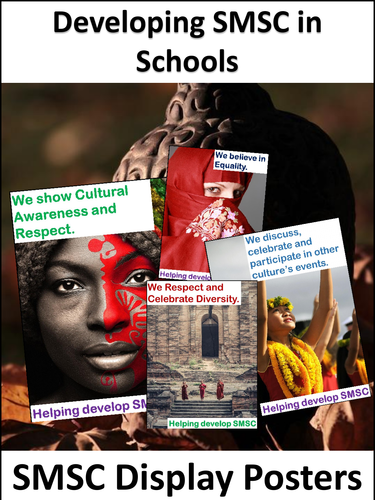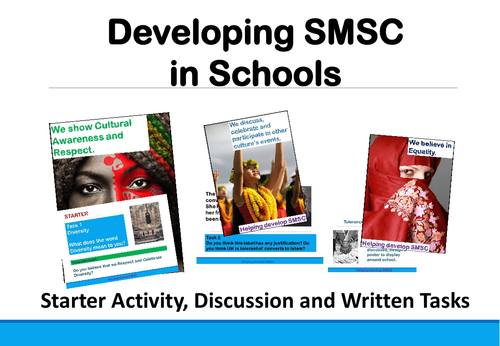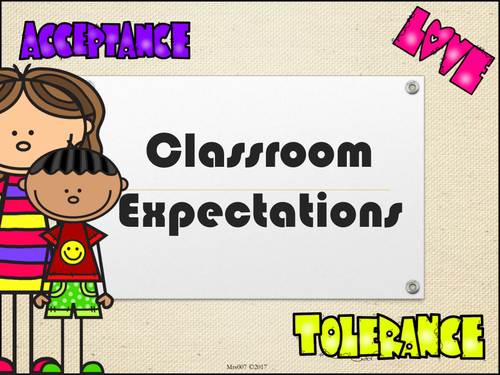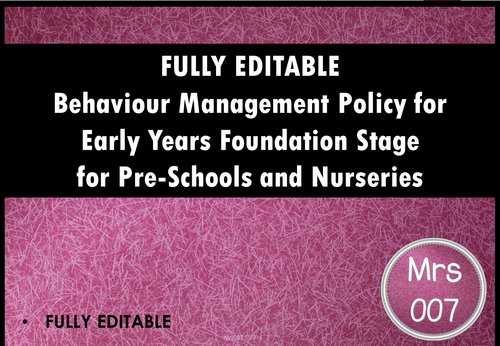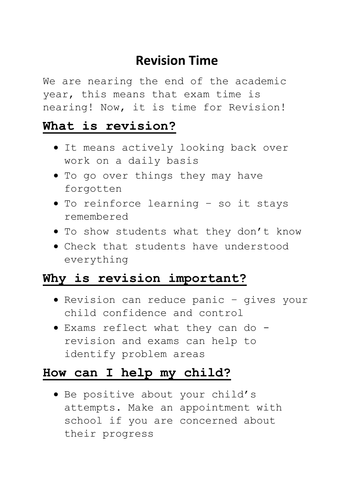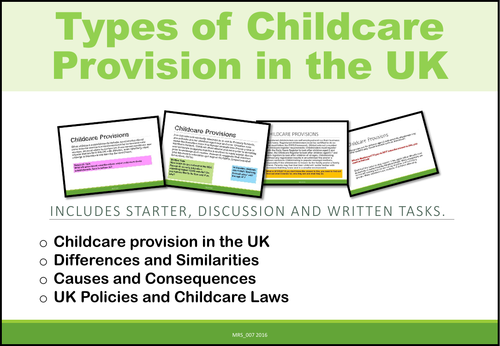
28Uploads
14k+Views
741Downloads
Whole school

Developing SMSC in Schools - PSHE Display Posters
What is SMSC?
SMSC stands for spiritual, moral, social and cultural development. All schools in England must show how well their pupils develop in SMSC.
Spiritual
Explore beliefs and experience; respect faiths, feelings and values; enjoy learning about oneself, others and the surrounding world; use imagination and creativity; reflect.
Moral
Recognise right and wrong; respect the law; understand consequences; investigate moral and ethical issues; offer reasoned views.
Social
Use a range of social skills; participate in the local community; appreciate diverse viewpoints; participate, volunteer and cooperate; resolve conflict; engage with the ‘British values’ of democracy, the rule of law, liberty, respect and tolerance.
Cultural
Appreciate cultural influences; appreciate the role of Britain’s parliamentary system; participate in culture opportunities; understand, accept, respect and celebrate diversity.
This resource includes 10 Posters that will help develop SMSC amongst students.
These posters are high definition and will print best in A3 size, however, should you need A4, you can ‘shrink to page’.

Tolerance, Diversity, Equality and Rights: Developing SMSC in Schools 2018
The following presentation focuses on Tolerance, Respect, Diversity and Rights. The presentation includes starter activity, discussion and written tasks.
What is SMSC?
SMSC stands for spiritual, moral, social and cultural development. All schools in England must show how well their pupils develop in SMSC.
Spiritual
Explore beliefs and experience; respect faiths, feelings and values; enjoy learning about oneself, others and the surrounding world; use imagination and creativity; reflect.
Moral
Recognise right and wrong; respect the law; understand consequences; investigate moral and ethical issues; offer reasoned views.
Social
Use a range of social skills; participate in the local community; appreciate diverse viewpoints; participate, volunteer and cooperate; resolve conflict; engage with the ‘British values’ of democracy, the rule of law, liberty, respect and tolerance.
Cultural
Appreciate cultural influences; appreciate the role of Britain’s parliamentary system; participate in culture opportunities; understand, accept, respect and celebrate diversity.
This presentation is for KS3/KS4.

Welcome Staff Presentation Template
This 'Welcome Staff' presentation template is perfect for that first meeting back!
Fully editable - add all important dates / info to each slide.

Classroom Expectations Presentation for KS3/KS4
A short presentation on Classroom Expectations- covers Respect, Diversity and more.
Perfect for 1st week Tutor Time.
PPT included fully editable.
Suitable for KS3/KS4.

Healthy Eating Policy for Early Years Departments, Nurseries and Preschools
A fully editable Healthy Eating Policy for Early Years provisions.

Child Protection, Health and Safety Policy for Early Years Departments, Nurseries and Preschools
A fully editable Child Protection, Health and Safety Policy for Early Years provisions.

Behaviour Management Policy for Early Years Departments, Nurseries and Preschools
A fully editable Behaviour Management Policy for Early Years provisions.

Admissions Policy for Early Years Departments, Nurseries and Preschools
A fully editable admissions policy for Early Years provisions.

Letter to Parents regarding Revision before Exams
A short information letter for parents regarding revision and a revision tip mat for students.
The letter discusses why revision will be taking place, how revision should take place at home and why revision is important.
It’s a short letter for those who may be struggling with what to write out to parents pre examinations time.
One A4 page.

Information for Parents on Phonics
A short information letter for parents on phonics.
The letter discusses why we teach children phonetically, why it's important, what research suggests and how they can help at home. It also lists several websites that are current and up to date.

Childcare Provision in the UK (Unit of Work)
A look at the different types of childcare provision in the UK, differences and similarities, causes and consequences of different provisions. Briefly discusses Bowlby’s Theory and maternal instinct. Focuses on specific childcare provisions within the UK including pack away centres.
This resource will cover up to 3 lessons.
Includes group work tasks, discussion activities and homework/research proposals.

